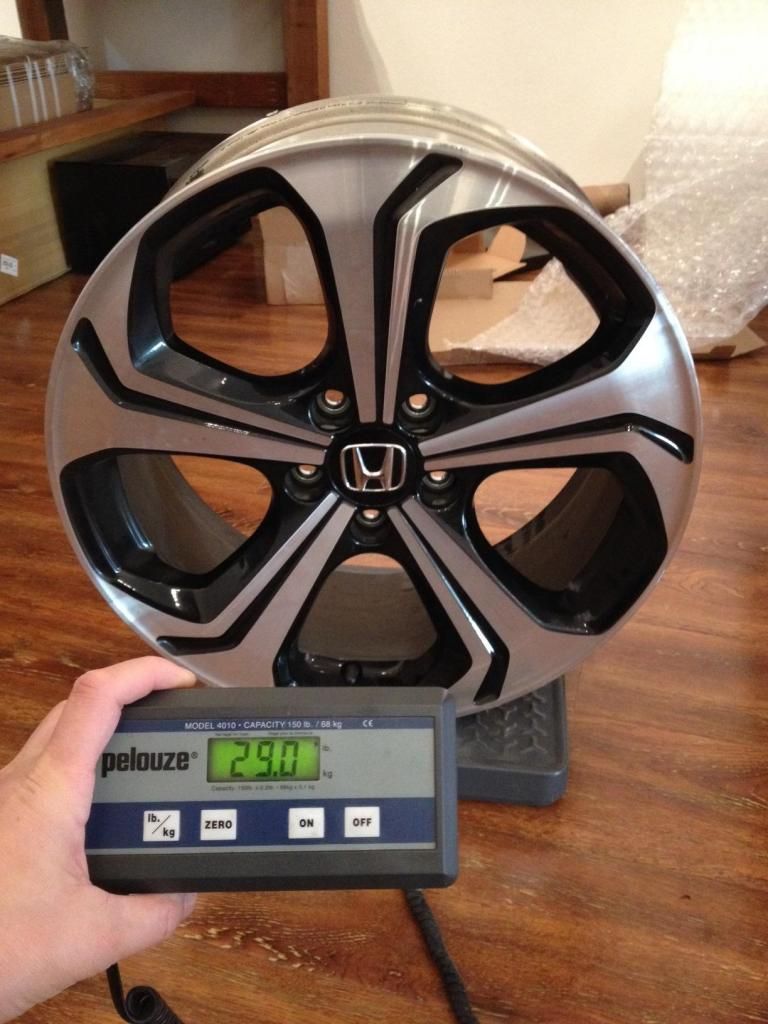PDF LINK FOR stock wheels vs light weight wheels test by fast ford magazine in PDF format.......
except standing acceleration (launching issue)... you can clearly see how light weight (lighter than stock) wheels can improve on
handing, braking, in gear acceleration...
LINK: http://www.focusst.org/forum/attach...ghtweight-wheel-test-fast-ford-wheel-test.pdf
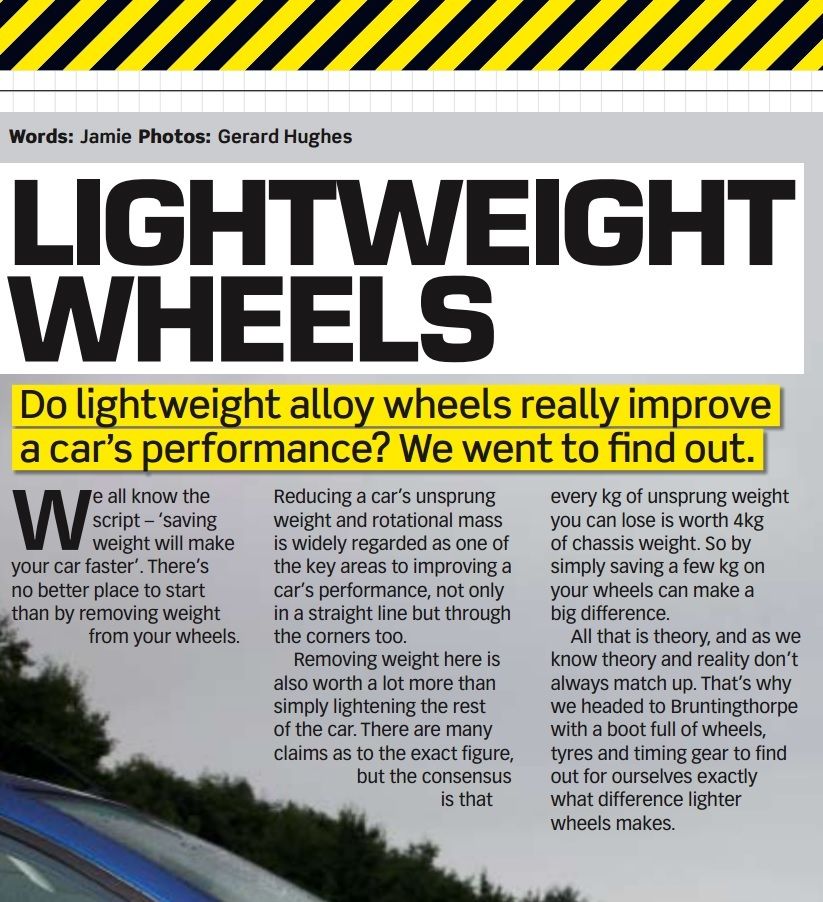
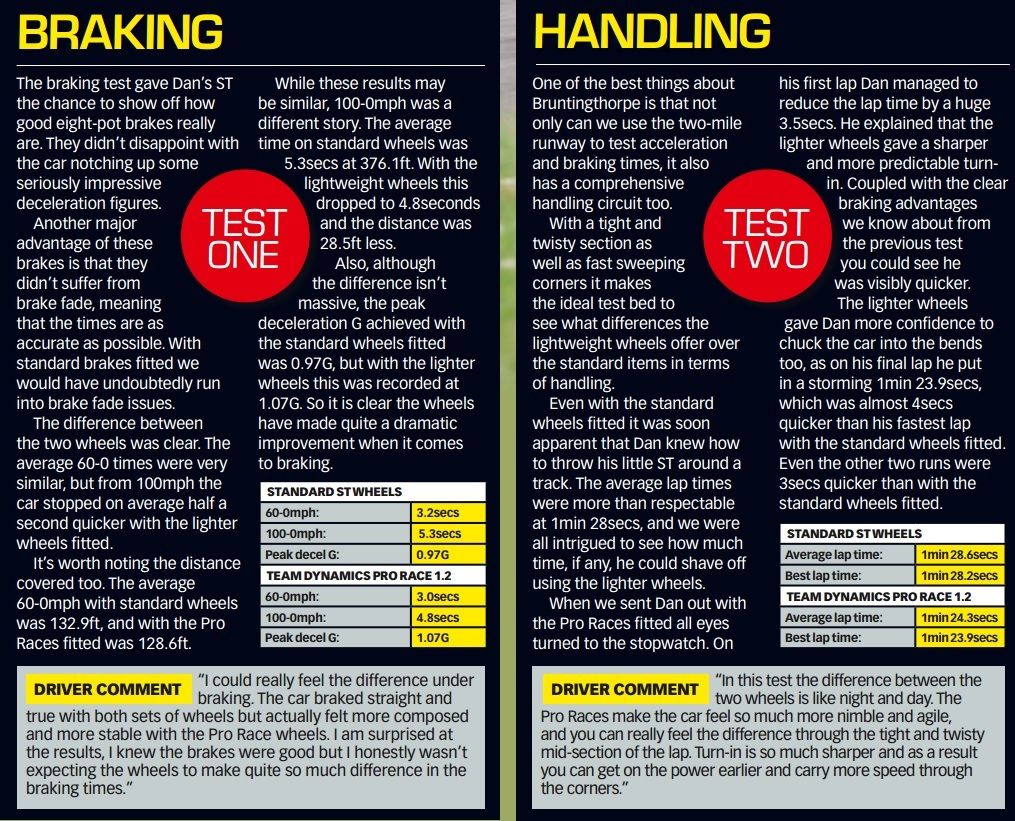
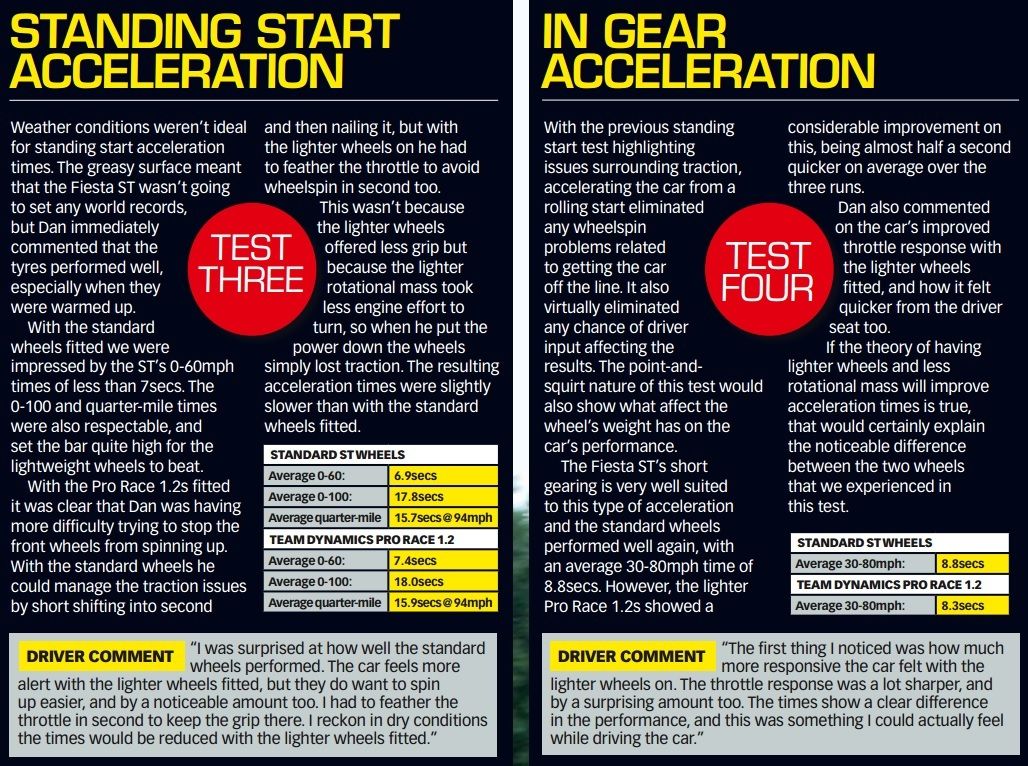
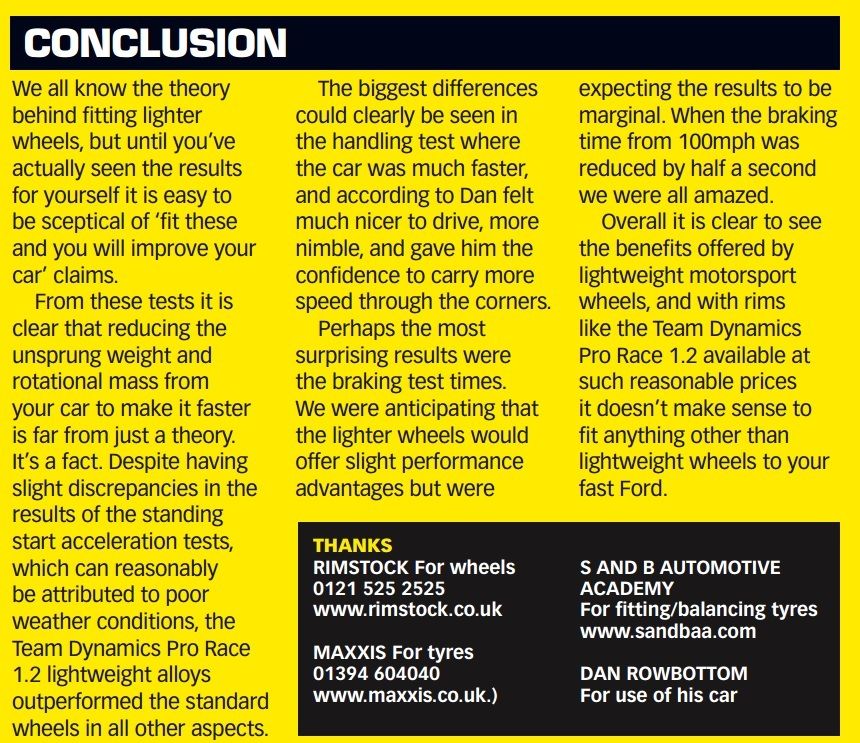
except standing acceleration (launching issue)... you can clearly see how light weight (lighter than stock) wheels can improve on
handing, braking, in gear acceleration...
LINK: http://www.focusst.org/forum/attach...ghtweight-wheel-test-fast-ford-wheel-test.pdf







